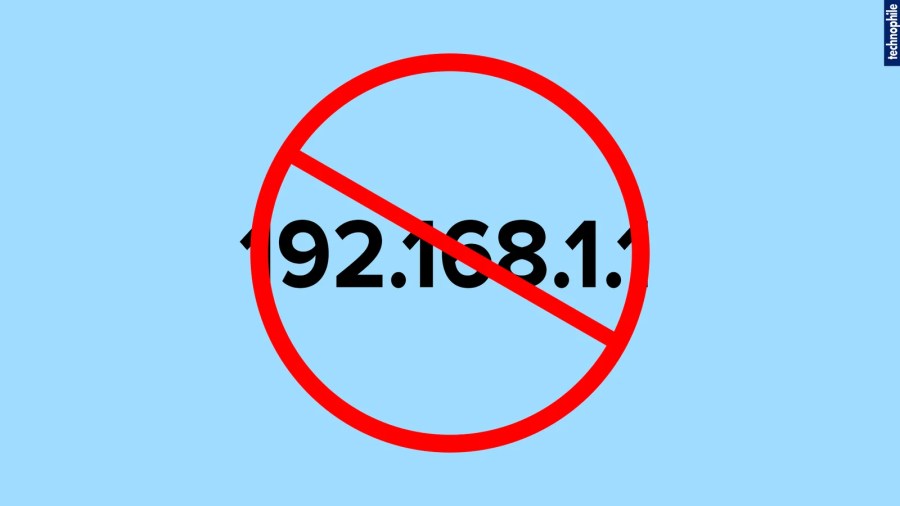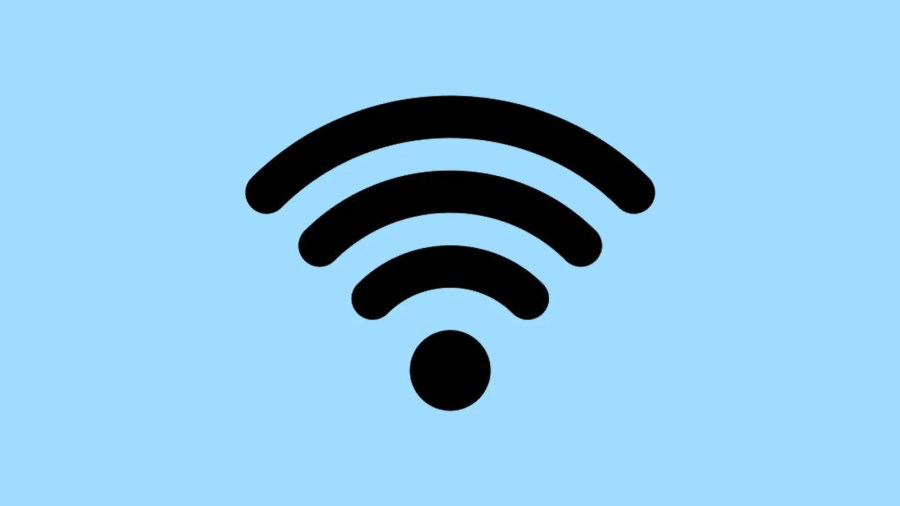Hiding your IP address adds anonymity to you as a user and allows you to access blocked content as well as surf the web more securely!

Every household that connects to the internet whether through their home Wi-Fi and data has its own unique IP address. The “IP” in “IP Address” stands for “Internet Protocol” and it tells websites valuable and personal information such as the user’s current location and browsing history. This allows certain websites such as search engines to collect information about you and cater your search so that they feel more personal, hence the reason why sometimes when an ad is presented to you, it’s eerily the same one you searched a few minutes ago, sometimes, they target ads based on your internet behaviour. In short, an IP address is sort of like a home or mailing address that lets your Internet Service Provider (ISP), websites, and the government track your activity.
This can be a concern to some, especially for privacy reasons. Some users download illegal content over the internet such as movies and games through pirating websites. For this reason, pirating websites often notify their user to hide their IP address to avoid being tracked as well as avoid dire legal consequences.
Below are some of a few ways to hide your IP address and avoid getting tracked
USE VIRTUAL PRIVATE NETWORKS (VPN)

Virtual Private Networks (VPN) are often the most popular and easiest way to hide one’s IP address. These give you a virtual network that connects to several servers found all around the world. They work by hiding your real IP address and replacing it with a new one, sometimes these VPN IP addresses are shared between users or constantly change everytime you reconnect. Your ISP can only see these VPN IP addresses and not the legitimate IP address you own.
There are several reasons why users prefer using VPNs. The main reason is to access geo-locked content. For example, if a show you like on Netflix is only available for Japanese users, then using a VPN can help you access that content by connecting to the VPN’s Japanese server as if you live in that country.

There are several VPNs available all throughout the internet, most of which have a free trial and then later ask you to pay in order to access more servers, get more or unlimited data, and connect through more than one server, depending on what you’re getting. In our above example, ExpressVPN offers three plans, depending on the user’s budget. Currently, the VPN is having its Black Friday sale hence the reason why the 15-month offer is on a discount. In their features page, they explain the different levels of features: from basic to advanced. ExpressVPN offers a free trial, and mostly, their users would probably only get the basic advantages. In order to access the advanced ones, users have to pay.
There are also completely free alternatives but are limited in features. One example is Softether VPN which requires someone technically literate enough to set it up as it can get a little clunky. However once set, it’s easy for one to connect to several servers one at a time.
Some browsers like Opera browser include a VPN feature that is free to use. Browsers like Brave also allow for anonymous browsing as well as blocking ads
THE ONION ROUTER (Tor)

Tor is a free browser that promotes anonymity. It is a non-profit project that has one main objective: to promote privacy. It blocks anything that websites, the government, and your ISP can use to track you, which includes your IP address. The Tor browser is also a gateway for you to access the dark web (but that’s a story for another day).
Unlike regular browsers and their incognito and privacy modes that do not block your IP address, this one conceals it completely. Like VPNs, it replaces your current IP address with the one generated by Tor so websites can only see the IP address created by Tor and not your real one.
You can download Tor by clicking this link
CONNECT TO A DIFFERENT NETWORK OR USE MOBILE DATA

As we mentioned earlier, an IP address is unique to every network, so connecting to a different network may help you evade tracking, especially if the network is public. Connecting to public Wi-Fi has its caveats though, as it is not as secure as a private network as most of them have no passwords, so be careful with using them when entering sensitive info such as bank accounts, passwords, etc.
You could also connect to your data which also has an IP address. They change depending on the cell tower your device has connected to. If you constantly move around, your phone will connect to the cell tower which has the strongest signal and thus change the IP address.
USE A PROXY
Proxy servers are a system that provides a bridge between you (the client) and the server (the internet). They are used to provide anonymity by creating a different IP address effectively concealing your real IP address and preventing hackers from accessing a private network as well as evading tracking.
Proxy servers are often compared to VPNs because of their similar functions. While VPNs will encrypt your IP address and browsing activity, Proxy servers would normally only conceal your IP address. The main deal-breaker though is that most proxy servers are free (but most need to be manually set up) while most VPNs are locked behind a paywall.
According to Avast! there are three different proxy server types:
- Transparent Proxies that are relaxed. They do not conceal your IP address nor the use of proxies
- Anonymous Proxies that are more secure. They hide your IP address but does not hide the fact that you’re using a proxy
- High Anonymity/Elite Proxies that provide the highest level of anonymity. They hide your IP address as well as hide your use of proxy.
Small precaution though. Some websites may block access on you if they detect you’re using a proxy.
WHY HIDE MY IP ADDRESS?
In short: to avoid tracking and browse the web anonymously and privately.
In detail: Websites, ISPs, and the government can track your browsing activity if you do not conceal your IP address. Concealing your IP address also allows for more secure internet browsing and also allows you access to blocked content online, such as from streaming websites like Netflix, Hulu, and DisneyPlus where they have certain programs that are only accessible to a certain country.
Please take note that anonymous browsing and browser private/incognito modes are COMPLETELY DIFFERENT. The main reason why incognito modes exist so that when you exit, it will delete certain internet cookies, your browsing history, and internet forms such as passwords and e-mails. On Google Chrome’s help page, it blatantly says that your ISP, school, and local government can still track you online and your browsing activity. It is a shallow form of private and is not completely “private” if you know what we mean.

You must be logged in to post a comment.